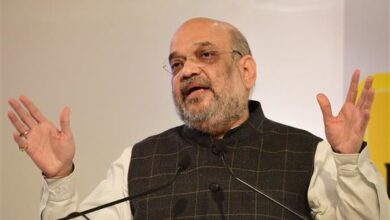Delhi High Court: Family cannot oppose to an indelible right to marry the person of one’s choosing
The Delhi High Court has ruled that the freedom to marry the person of one’s choosing is unalienable and guaranteed by the constitution, and that even family members cannot object to such marital connections. The court granted police protection to a couple who were receiving threats from their family after their marriage.
marriage, Delhi High Court,
Justice Tushar Rao Gedela emphasized in a recent judgment that the State is required by the Constitution to safeguard its people, and that the high court, as a constitutional court, is obligated to uphold the couple’s constitutional rights.
The court said, “The petitioners’ inalienable and unalienable right to marry the person of their choice is protected by the Constitution and cannot be diluted in any manner whatsoever.”
“There is no question about the applicants’ marital status or their major status. In addressing the couple’s request for police protection, the court declared that “no one, not even the family members, can object to such relation or to the matrimonial ties between the petitioners.”
The petitioners said that despite threats from family members, especially the woman’s mother, they were happily living together since their April marriage, which they had taken place against the desires of their parents.
In addition to asking the relevant beat officer to regularly check on them, the court ordered the “State to provide protection to both the petitioners and ensure that no harm befalls either of them, particularly from the parents or the family members” of the lady.
The court ruled, “The I.O. Shall notify the said SHO of the concerned police station having territorial jurisdiction over the residential address of the petitioners, who shall comply with the present order in letter and spirit, in the event that the petitioners have moved to a place other than the one shown in the memo of parties.”
The petition said, “The petitioners shall disclose to the I.O. their current residential address and working address, and the I.O. shall not disclose the same to any unauthorised person.”







